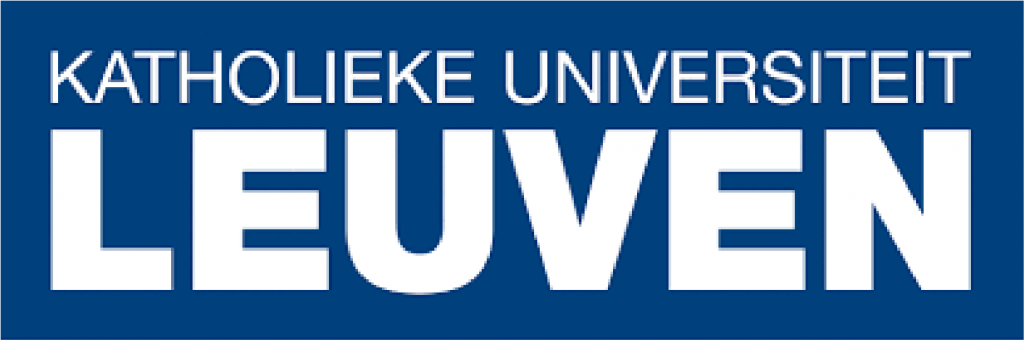Arrival Infrastructures
The arrival infrastructural lens is an interesting way of looking at migrant incorporation for several reasons:
1. It focuses on a specific urban area rather than an ethnic group. Integration theory has rarely payed attention to the role played by a specific place for migrant integration. Mostly, characteristics of migrants themselves (educational, socio-economic, ethnic backgrounds, legal status, etc.) have been at the centre of analysis. While we also look at these categorical factors of individual migrants, we think that where someone arrives plays an important role in how they settle.
2. By focusing on a specific area we also look at the role of the long-established population in this area in facilitating newcomer’s arrival. Research on migrant integration has mostly focused on specific ‘ethnic groups’ with strong co-ethnic social relations and spatial concentration within specific urban areas. While co-ethnic support is certainly crucial in the arrival of newcomers, we know little about how such structures of support work between long-settled migrants and newcomers across ethnicity and national origins and in the absence of pre-existing social networks. We want to find out whether long-established migrants process specific arrival expertise which they can pass on to newcomers, and whether they might act as arrival brokers.
3. Integration theory has only recently started to question the assumption that newcomers integrate into ‘mainstream society’. So here, we look at integration in areas which are already diverse in Nordmarkt in Dortmund (Germany), Cureghem in Brussels (Belgium), Newham in London (UK).
Through a comparison of arrival areas in Dortmund, Brussels, and London, the project aims to contribute crucial new knowledge about current processes of migrant settlement. While it is often assumed that assistance for settlement comes through formal channels, agencies and programmes, this project highlights the important role of informal support structures, often provided by long-established migrants who have ‘arrival expertise’.






